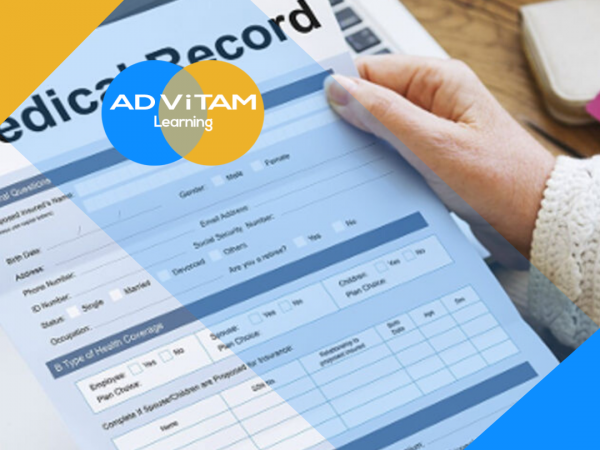Description
Online Epilepsy Awareness Training Course – Level 1 – Advitam Learning
Welcome to our online epilepsy awareness training course. Our online training courses are developed in line with the latest UK legislation and meet the requirements set out by the Care Quality Commission (CQC), Health and Safety Executive and other professional and regulatory bodies
Epilepsy Awareness Training Description
Course aims and objectives
- To provide the learner with a clear understanding of the legislation and guidelines regarding Epilepsy Awareness
- To provide essential Epilepsy training resources in an engaging and meaningful way
- To provide a FREE blended learning environment that is available to all individuals and businesses
What is covered in this online course?
- The history of research into epilepsy, its causes and some of the facts and figures relating to its effect on the population
- The methods that neurologists can use in the process of diagnosing epilepsy
- The basics of how messages are sent through the brain and why seizures occur
- The different types of seizure and the effects they can have
- Non-epileptic Attack Disorder (NEAD)
- How to identify the signs that a service user is going to have an epileptic seizure
- The importance or using and updating support plans to provide people with the help they need
- The states of mind, as well as the physical factors, that can trigger seizures
- How to provide effective support to people during and after an epileptic seizure
- The definitions of status epilepticus and serial seizures
Who is this epilepsy awareness training course for?
- Doctors
- Nurses
- Allied Healthcare Workers
- Healthcare Assistants
- Social Care Support Workers
- Voluntary Staff working in the NHS
Requirements
For classroom training courses:
- Bring photo ID (e.g., passport, licence, EU card)
- Wear comfortable clothing
For online courses:
- Access to a computer device, e.g., desktop, laptop, tablet or smartphone device
Career path
Our online and classroom training courses are suitable for those:
- Who are looking to improve their knowledge of the subject area
- Whose jobs require periodic continuing professional development (CPD)
- Who need to show evidence as part of their professional registration requirements, e.g., doctors, nurses and allied health professionals








